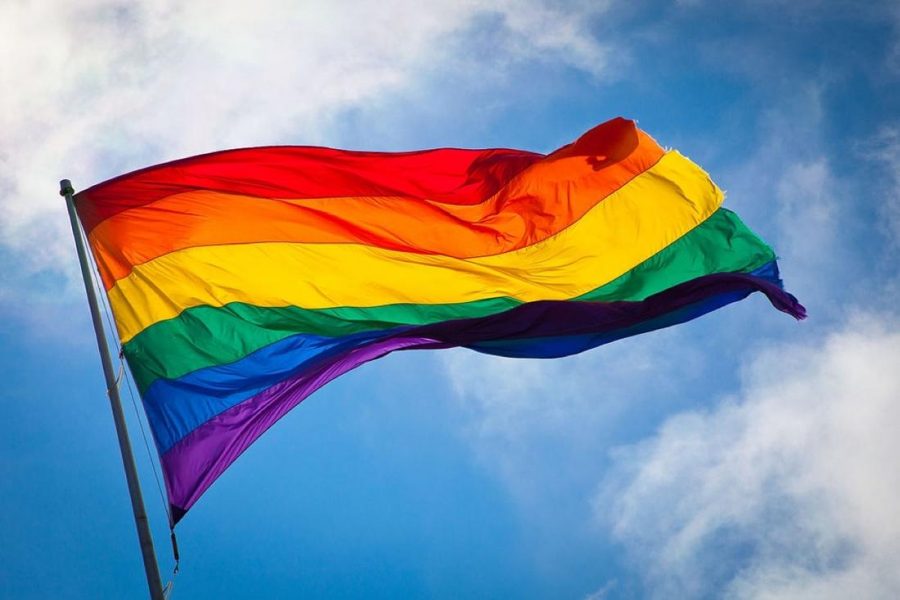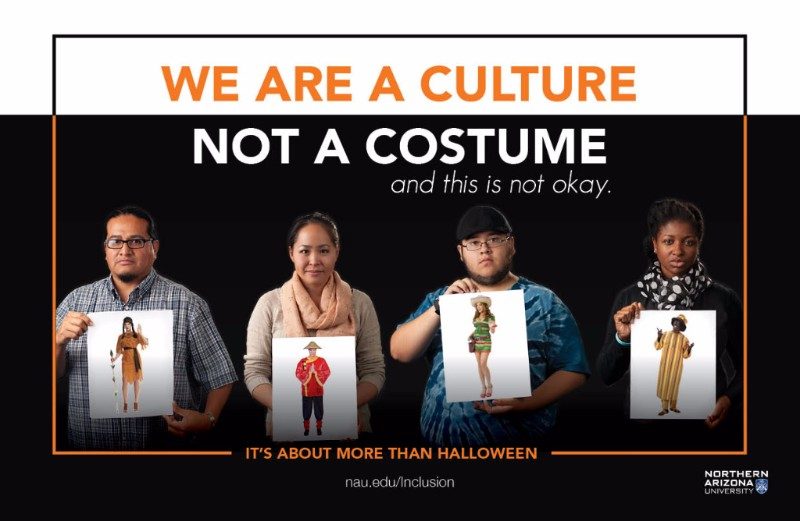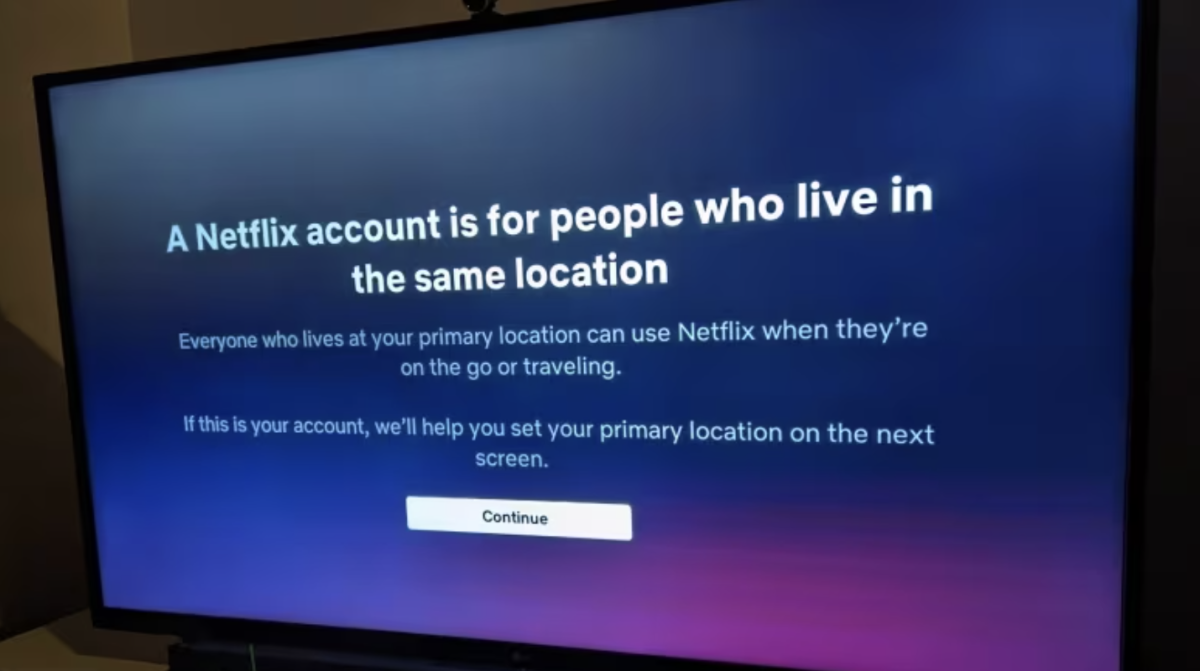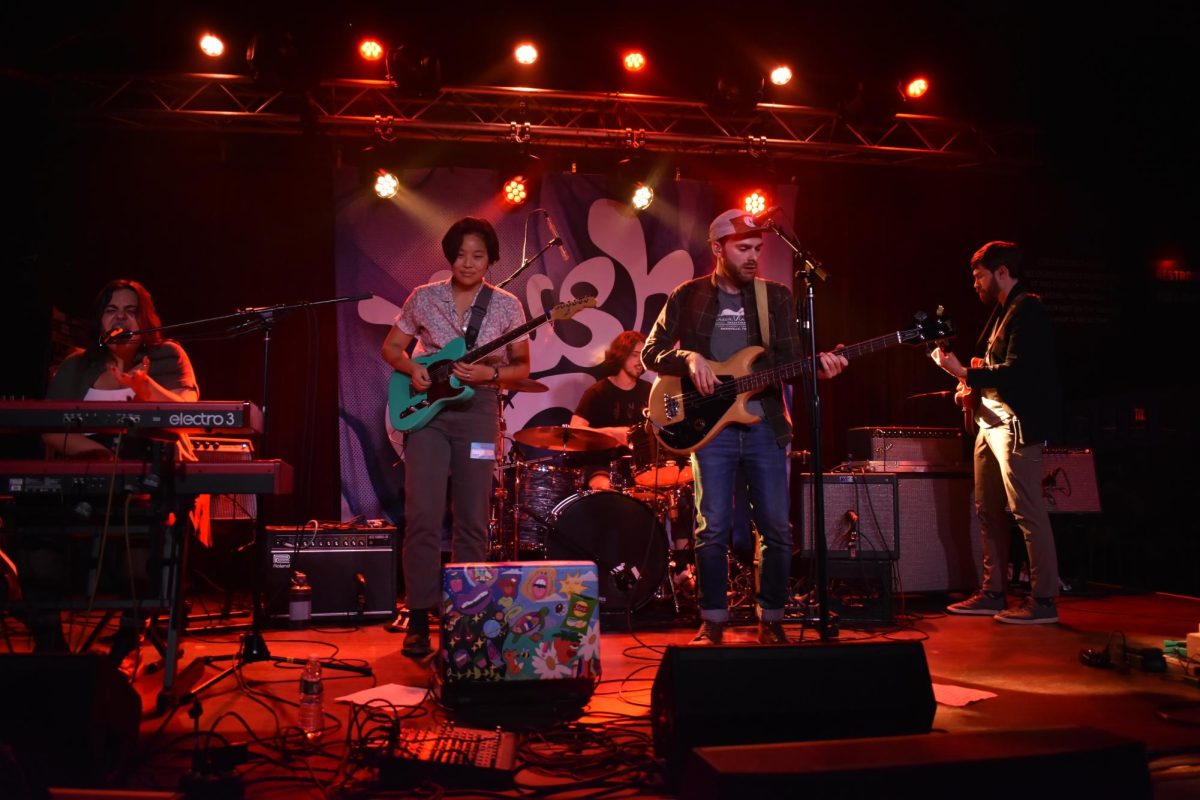Content warning: this editorial contains descriptions of abusive and unhealthy relationship dynamics, which may be sensitive content for some readers. Please remember to practice good self-care while reading.
The month of October is Domestic Violence Awareness Month, the goal of which is to increase the visibility of problems associated with domestic violence. The topic of domestic violence is complex and multifaceted, but remains incredibly—and unfortunately—relevant across all demographics, including college students.
Domestic violence encompasses many unhealthy, dangerous behaviors and relationship patterns, including physical, emotional, verbal, sexual, financial, and digital abuse, as well as stalking.
The Violence Prevention and Education Outreach Program, directed by Gina Capra, has been instrumental in educational measures for the Simmons community.
Addressing these issues for a college population remains important. Students may experience instances of dating violence while in college. Dating violence takes place over the course of a relationship and is exemplified by patterns of power and control. Abuse can take the form of physical, emotional, verbal, and sexual abuse, and can take place throughout both face-to-face and digital interactions.
Domestic violence affects people of all backgrounds, regardless of race, gender, socioeconomic standing, sexual orientation, ethnicity, and religious identity. Although every relationship is different, and abusive behaviors may not all manifest the same way, there are some overarching themes.
There are many warning signs of an abusive or unhealthy relationship, and they will vary by situation. Some of the most common warning signs are extreme jealousy; insecurity; physically inflicting pain or physical attempts at control; checking texts, messaging apps, and monitoring calls without permission; pressuring a person to have sex; isolating a person from their family and friends; and possessiveness.
Even after identifying potentially abusive or unhealthy relationship behavior, there often remain many barriers to getting help. LGBTQ individuals in abusive relationships may fear not being taken seriously; having their sexuality and/or gender invalidated; having the abuse blamed on their gender identity/sexuality; and guilt regarding perceptions of the LGBTQ community from people who may wrongly assume that the abuse is tied to a person’s identity, rather than an unhealthy relationship dynamic.
Additionally, an abuser may perpetuate gender-based abuse, such as controlling the way someone dresses; preventing their partner from attending LGBTQ events; forcing a gender role on someone; refusing to use someone’s name and/or pronouns; and other acts that invalidate or shame an individual for their gender.
Bisexual people also face abuse and dating violence, often in the form of having their sexualities questioned or outright invalidated; being pressured into sexual activity; being accused of cheating or flirting with others; and being prevented from being out as bisexual.
There are many complexities to take into account when considering abuse; if you have any questions or concerns, the loveisrespect campaign provides information on abuse warning signs, cycles, and why people stay in abusive relationships even if they realize their predicament.
If you are concerned that one of your friends or family members may be in an abusive relationship, one of the most crucial ways you can support them is by reaching out, offering support, listening to their perspective, and remaining patient; focus on building or maintaining your relationship with the person who is close to you, not on the abuser.
Remember not to contact the abuser, as that will exacerbate the situation. Do your best to be supportive and offer resources, if applicable.
If readers have concerns about their relationships, they can contact: Simmons College Public Safety for emergencies at 617-521-1111; Gina Capra during office hours at 617-521-2118 or at gina.capra@simmons.edu; the 24-Hour SafeLink domestic violence hotline at 1-877-785-2020; or the 24-hour The Network/La Red hotline (for LGBTQ, poly, or kink intimate partner violence) at 617-742-4911.
























